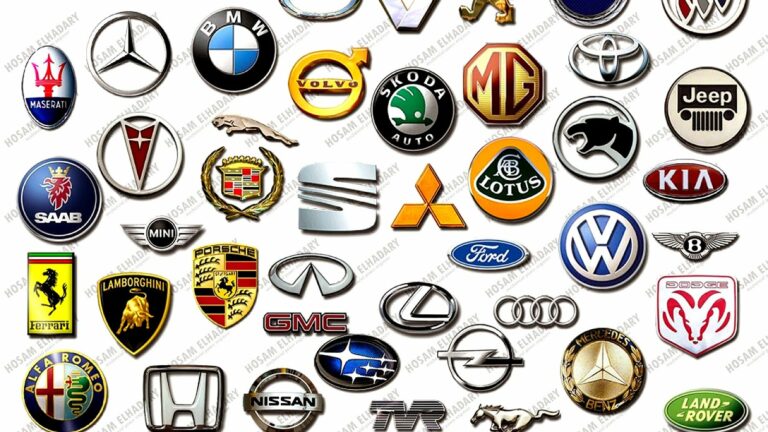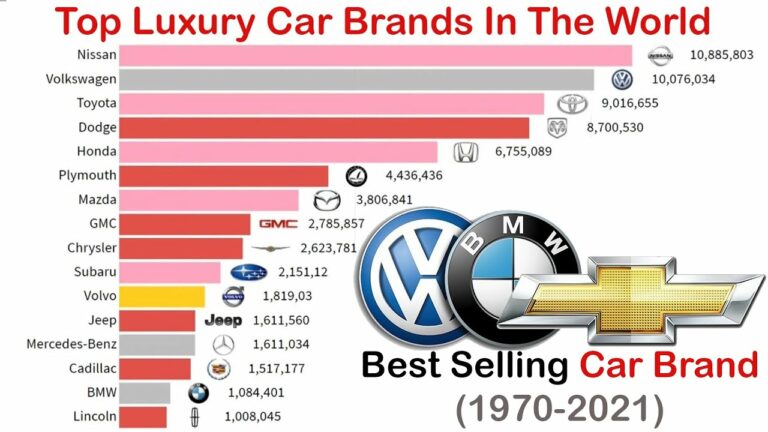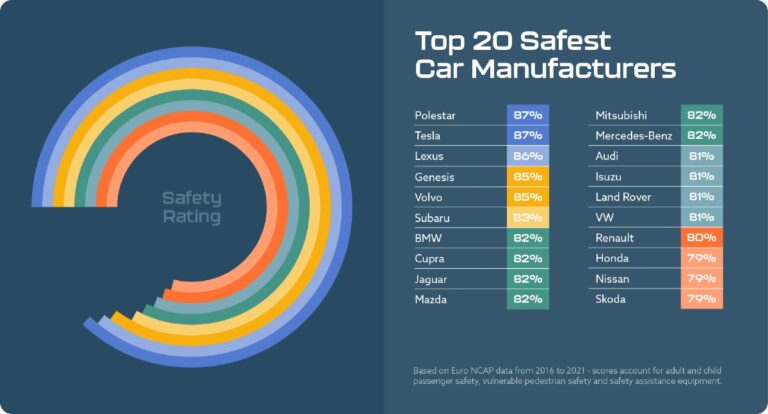Name Brand Car Dealerships: The Cornerstone of Automotive Retail
Name Brand Car Dealerships: The Cornerstone of Automotive Retail cars.truckstrend.com
In the vast and complex world of automotive commerce, Name Brand Car Dealerships stand as the primary conduits between vehicle manufacturers and the end consumer. More than just showrooms for shiny new cars, these establishments are multifaceted businesses that offer a comprehensive suite of services, from sales and financing to maintenance and genuine parts. They represent a critical component of the global automotive ecosystem, embodying the trust, reliability, and specialized expertise that consumers often seek when making one of life’s most significant purchases.
This article delves deep into the world of name brand car dealerships, exploring their structure, the unique advantages they offer, the journey of purchasing a vehicle through them, and practical advice for navigating this essential segment of the automotive industry.
Name Brand Car Dealerships: The Cornerstone of Automotive Retail
The Anatomy of a Name Brand Dealership
A name brand car dealership is a franchised business that operates under a licensing agreement with a specific automobile manufacturer (e.g., Toyota, BMW, Ford, Honda). This agreement grants them the exclusive right to sell new vehicles of that brand within a defined geographical area, while also requiring them to adhere to strict standards set by the manufacturer for sales, service, and customer experience.
Typically, a name brand dealership is structured into several key departments, each playing a crucial role in its operation:
- Sales Department: This is the core of the dealership, divided into new vehicle sales and used vehicle sales. The new car division focuses on selling the latest models directly from the manufacturer, often showcasing various trims and configurations. The used car division handles trade-ins, off-lease vehicles, and other pre-owned cars, including a significant segment dedicated to Certified Pre-Owned (CPO) vehicles, which come with manufacturer-backed inspections and warranties.
- Service Department: A vital component, the service department employs factory-trained technicians who specialize in the specific brand’s vehicles. Equipped with proprietary diagnostic tools and access to manufacturer technical data, they perform routine maintenance, warranty repairs, and major overhauls using genuine parts. This department is crucial for customer retention and maintaining vehicle longevity.
- Parts Department: Directly supporting the service department and retail customers, the parts department stocks Original Equipment Manufacturer (OEM) parts and accessories. These parts are designed to exact manufacturer specifications, ensuring proper fit, function, and durability, which is often critical for warranty compliance.
- Finance & Insurance (F&I) Department: This department assists customers with financing options, including loans and leases, often offering competitive rates directly from the manufacturer’s captive finance arm. They also present extended warranty plans, vehicle protection products (e.g., paint protection, anti-theft devices), and insurance options.
- Customer Service & Experience: Beyond the direct departments, dealerships invest heavily in training their staff and maintaining state-of-the-art facilities to deliver a consistent, high-quality brand experience. This includes comfortable waiting areas, online scheduling, and robust follow-up systems to ensure customer satisfaction.
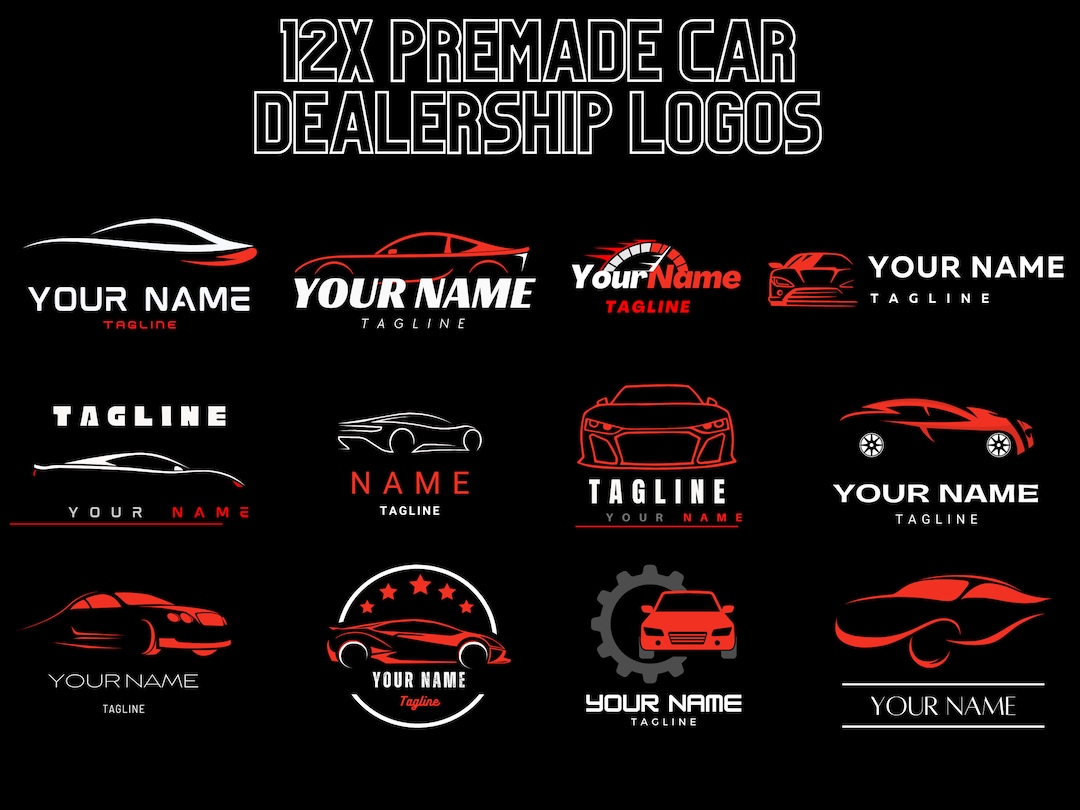
Why Choose a Name Brand Dealership? Benefits and Advantages
While independent used car lots and online marketplaces offer alternatives, name brand dealerships provide a unique set of advantages that often justify their position as a preferred choice for many consumers:
- Trust and Reliability: Purchasing from a franchised dealer provides an inherent layer of trust. You are dealing with an established business backed by a global manufacturer, reducing risks associated with fraudulent sales or misrepresented vehicles.
- Access to New Models & Technology: Only name brand dealerships offer brand-new vehicles directly from the factory, providing access to the latest automotive technology, safety features, and design innovations. They are also the first to receive new model releases and special editions.
- Certified Pre-Owned (CPO) Programs: A standout benefit, CPO programs offer used vehicles that have undergone rigorous multi-point inspections by factory-trained technicians, are reconditioned to meet specific standards, and come with manufacturer-backed warranties. This provides peace of mind often comparable to buying a new car, but at a lower price point.
- Specialized Service & Genuine Parts: Factory-trained technicians possess unparalleled knowledge of the specific brand’s vehicles, utilizing specialized tools and diagnostic equipment that independent shops may not have. The exclusive use of OEM parts ensures vehicle integrity and often preserves warranty coverage.
- Manufacturer-Backed Financing Options: Dealerships often provide access to special financing rates, lease programs, and incentives directly from the manufacturer, which can be significantly more competitive than traditional bank loans, especially during promotional periods.
- Seamless Warranty Support: Should a warranty issue arise, the dealership is the direct point of contact, streamlining the claim process and ensuring repairs are performed correctly according to manufacturer specifications.
- Competitive Trade-in Valuations: Dealerships are often motivated to offer competitive trade-in values, especially for vehicles of their own brand, as they can recondition and resell them, or use them to facilitate new car sales.
- Brand Experience and Amenities: Modern dealerships are designed to offer a premium customer experience, with comfortable waiting areas, Wi-Fi, refreshments, and sometimes even loaner vehicles, reflecting the brand’s image.
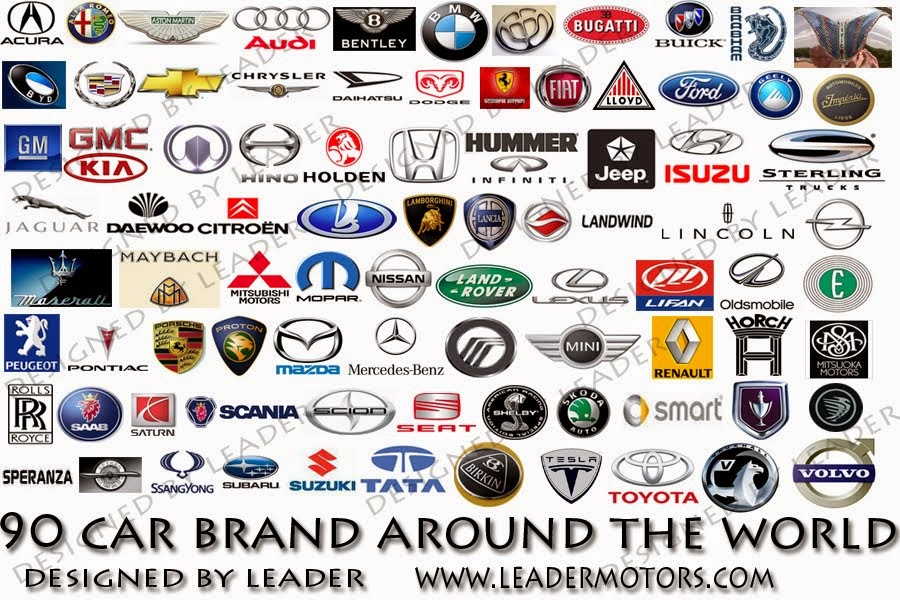
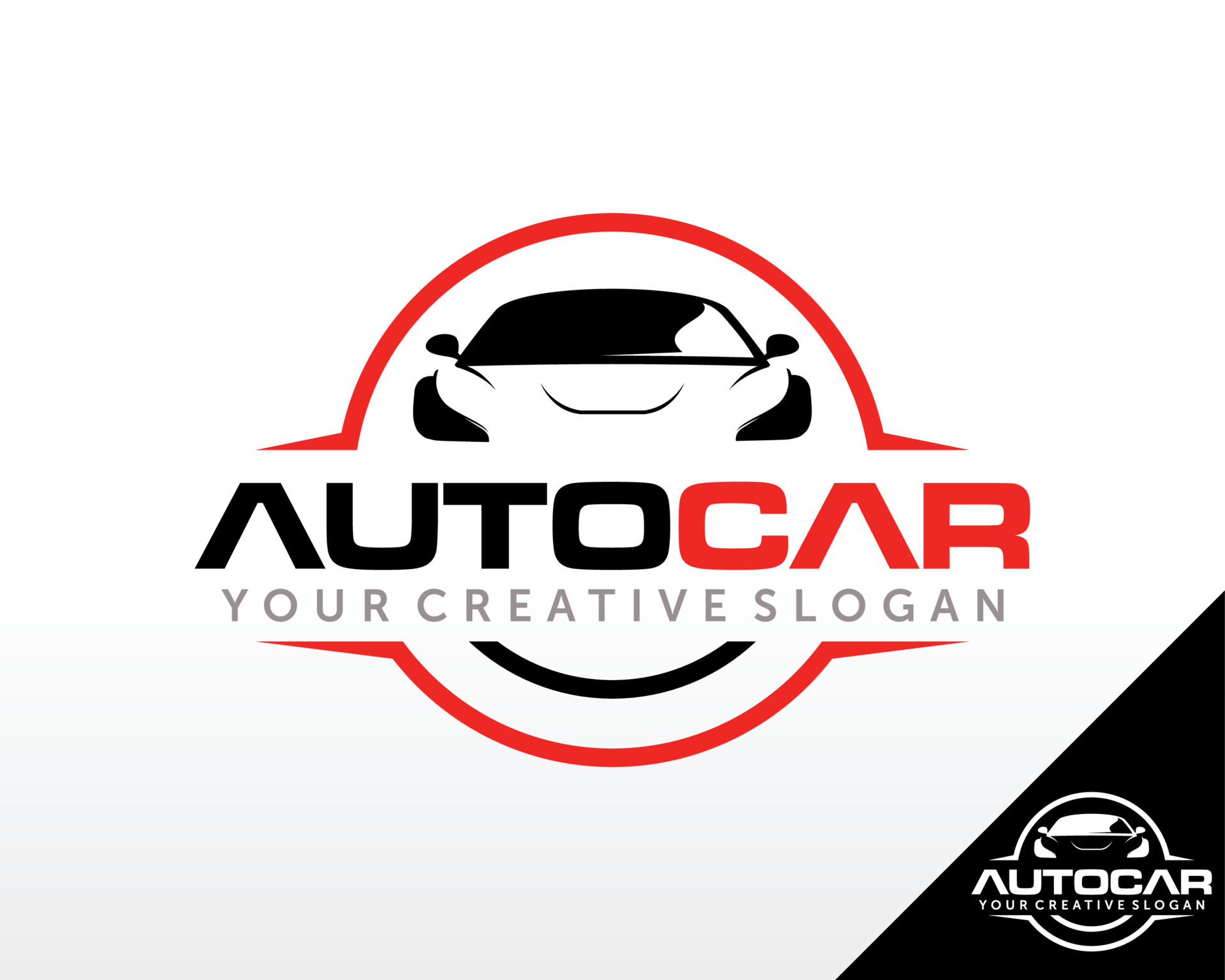
Navigating the Dealership Experience: A Buyer’s Guide
Purchasing a vehicle from a name brand dealership can be a smooth and rewarding experience with proper preparation and understanding:
- Thorough Research is Paramount: Before stepping foot in a dealership, research the specific vehicle models you are interested in. Understand their features, different trim levels, safety ratings, fuel economy, and common issues. Crucially, research the Manufacturer’s Suggested Retail Price (MSRP) and, if possible, the invoice price (what the dealer paid) to gauge negotiation room. Look up current manufacturer incentives, rebates, and special financing offers.
- Get Pre-Approved for Financing: Secure a pre-approval for a car loan from your bank or credit union before visiting. This provides a baseline interest rate and loan amount, empowering you to negotiate better with the dealership’s F&I department, or simply to confirm the dealer’s offer is competitive.
- Test Drive Extensively: Don’t limit yourself to one test drive. Drive different models, trims, and even competitor vehicles. Pay attention to acceleration, braking, handling, visibility, comfort, and the functionality of infotainment and safety features.
- Master Negotiation Strategies: Focus on the "Out-The-Door" (OTD) price, which includes the vehicle price, taxes, fees, and any dealer add-ons. Negotiate each component separately. Be firm but polite. If you have a trade-in, negotiate the new car price first, then discuss the trade-in value as a separate transaction. Don’t be afraid to walk away if the deal isn’t right.
- Understand Financing and Leasing: If financing through the dealership, review the Annual Percentage Rate (APR), loan term, and total cost of the loan. For leases, understand the money factor, residual value, mileage limits, and any wear-and-tear policies. Ask about early termination penalties.
- Scrutinize the Paperwork: Before signing anything, read every line of the purchase agreement, loan documents, and extended warranty contracts. Ensure all agreed-upon terms, prices, and fees are accurately reflected. Ask for explanations of anything you don’t understand.
- Plan for Service and Maintenance: Discuss the recommended maintenance schedule and costs with the service advisor. Inquire about prepaid maintenance plans, which can sometimes offer savings. Building a relationship with a service advisor can be beneficial for future needs.
Challenges and Considerations
While beneficial, name brand dealerships also present a few challenges:
- Perceived Higher Pricing: New cars, by their nature, carry a premium. While negotiation is possible, the MSRP can seem high compared to used vehicles. Dealer add-ons (e.g., nitrogen in tires, paint protection) can also inflate the price if not negotiated down.
- Sales Pressure: Commission-based sales staff might employ high-pressure tactics to close a sale. Being prepared and firm can mitigate this.
- Upselling in F&I: The F&I department is designed to generate additional revenue through extended warranties, gap insurance, and other protection plans. While some offer value, others may be overpriced or unnecessary.
- Service Costs: While justified by specialized expertise and genuine parts, dealership service can sometimes be more expensive than independent mechanics.
Types and Specializations within Name Brand Dealerships
The world of name brand dealerships is diverse, catering to various market segments:
- Luxury Brands (e.g., Mercedes-Benz, BMW, Lexus): Emphasize premium customer experience, high-performance vehicles, and bespoke services.
- Volume Brands (e.g., Toyota, Honda, Ford, Chevrolet): Focus on mass-market appeal, reliability, and competitive pricing across a broad range of vehicle types.
- Performance Brands (e.g., Porsche, Ferrari, McLaren): Cater to a niche market of enthusiasts, offering high-performance vehicles, specialized service, and often exclusive events.
- Electric Vehicle (EV) Dealerships: As EVs gain traction, many dealerships are adapting with specific charging infrastructure, EV-trained technicians, and specialized sales staff to educate consumers on electric mobility.
- Dealership Groups: Many individual dealerships are part of larger automotive groups that own multiple franchises across different brands, sometimes offering more negotiation leverage or broader inventory.
Maximizing Your Dealership Experience: Expert Tips
- Visit during off-peak hours: Weekdays, especially mornings, tend to be less busy, allowing for more personalized attention.
- Don’t share your monthly payment goal: Focus on the total OTD price. A dealer can manipulate loan terms to meet a monthly payment while increasing the overall cost.
- Get everything in writing: Any promises made, whether for a discount or a repair, should be documented.
- Consider end-of-month/quarter/year: Dealers often have sales quotas to meet, making them more willing to negotiate towards these periods.
- Leverage online tools: Use dealership websites to browse inventory, get quotes, and even start the financing process before you visit.
Value Proposition and Service Overview of Name Brand Dealerships
To further illustrate the comprehensive offerings of name brand car dealerships, consider the following table summarizing their key value propositions and services:
| Aspect | Description | Benefit/Consideration |
|---|---|---|
| New Car Sales | Access to the latest models, configurations, and factory-direct incentives. | Guaranteed new condition, full manufacturer warranty, access to cutting-edge technology. Often the highest initial cost. |
| Certified Pre-Owned (CPO) | Rigorously inspected used vehicles, reconditioned to manufacturer standards, with extended warranties. | Significant cost savings over new, manufacturer-backed reliability, warranty coverage, roadside assistance. Limited inventory compared to general used. |
| Service & Parts | Factory-trained technicians, specialized diagnostic tools, genuine OEM parts, warranty repairs. | Expert care, optimal performance, warranty preservation, genuine parts for safety and longevity. Potentially higher labor/part costs than independents. |
| Financing & Leasing | Manufacturer-backed financing rates, various loan/lease structures, extended warranty products. | Competitive rates, convenient one-stop shopping, flexible terms. Potential for upselling on add-on products. |
| Customer Experience | Brand-standardized showrooms, amenities, professional sales/service staff, post-purchase support. | Consistent quality, comfortable environment, reliable support. Can vary slightly by individual dealership management. |
Frequently Asked Questions (FAQ)
Q1: Are name brand dealerships more expensive than independent lots or online sellers?
A1: For new cars, yes, as they are the exclusive sellers. For used cars, while their prices might sometimes be higher than independent lots, this often reflects the value added by CPO programs, reconditioning, and warranty backing. Online sellers can offer competitive prices but may lack the in-person inspection and service capabilities.
Q2: Can I negotiate prices at a name brand dealership?
A2: Absolutely. Most vehicle prices, especially for new cars, are negotiable. Research the market price, be prepared to walk away, and focus on the "out-the-door" price, not just the monthly payment.
Q3: What is CPO, and is it worth the extra cost?
A3: CPO stands for Certified Pre-Owned. These are used vehicles that have passed a comprehensive manufacturer-mandated inspection and reconditioning process. They often come with extended warranties from the manufacturer. For many, the added peace of mind, quality assurance, and warranty coverage make the slightly higher cost over a non-CPO used car worthwhile.
Q4: Do I have to service my car at the dealership to maintain its warranty?
A4: No. Under the Magnuson-Moss Warranty Act in the U.S., you are not required to have your vehicle serviced at the dealership to maintain your warranty. You can use any qualified independent mechanic, provided they use appropriate parts and follow the manufacturer’s recommended service schedule. However, for complex warranty repairs or recalls, the dealership is often the most efficient choice.
Q5: What should I look for in a good name brand dealership?
A5: Look for transparency in pricing and fees, a knowledgeable and courteous sales staff, a clean and organized facility, a well-regarded service department (check online reviews), and a willingness to negotiate fairly. A good dealership prioritizes customer satisfaction over aggressive sales tactics.
Concluding Summary: More Than Just a Transaction
Name brand car dealerships are far more than mere points of sale; they are comprehensive automotive hubs offering a blend of products, specialized services, and crucial support that underpins the entire vehicle ownership experience. From the excitement of purchasing a brand-new model to the ongoing assurance of expert maintenance and genuine parts, these establishments play an indispensable role. By understanding their structure, leveraging their benefits, and preparing effectively for the buying process, consumers can navigate the world of name brand dealerships with confidence, ensuring a rewarding and reliable journey on the road.
![]()

